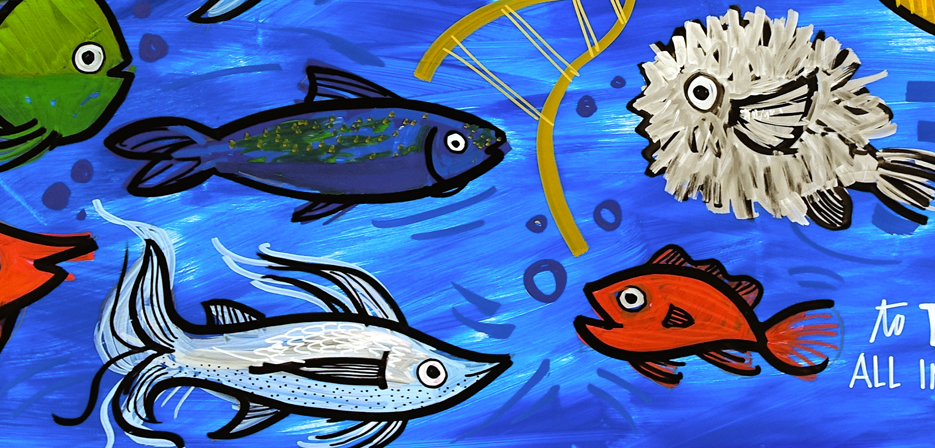
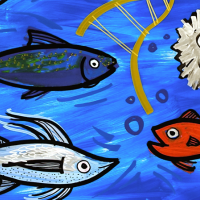
Assessment Reimagined
Assessment, evaluation, and documentation are essential to any teaching and learning process, and the way learning is documented and assessed directly influences what gets taught. Our re-imagination of assessment involves a number of “shifts” from traditional notions: assessment of process as well as product (when, what); teachers and students as protagonists in the assessment process (who); assessment driven by the most important goals we hold for students, whether numbers capture them or not (why); and assessment as a collective and relationship-building process (how, where).
BIG QUESTIONS
- What does learning look like?
- How can we reimagine assessment as a pivotal moment of learning?
- What are the characteristics of authentic or “effective” assessment?
- How do we know if, what, and how students understand?
PZ PERSPECTIVES
- Assessment is an episode of learning.
- Schools spend too much time judging children and not enough time trying to help them.
- Human beings differ from one another and there is absolutely no reason to teach and assess all individuals in an identical way.Students and teachers should be active protagonists in (not passive recipients of) the assessment process.

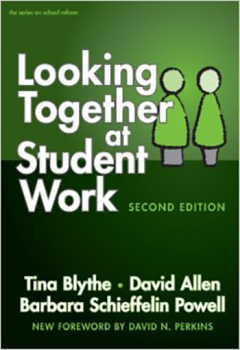
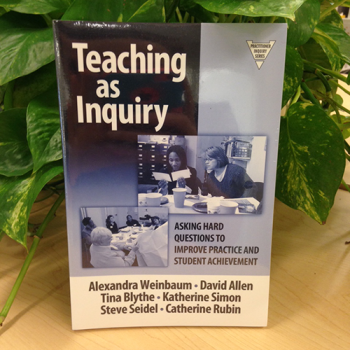
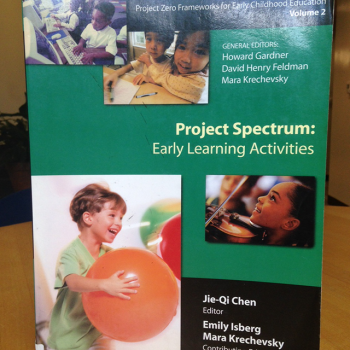
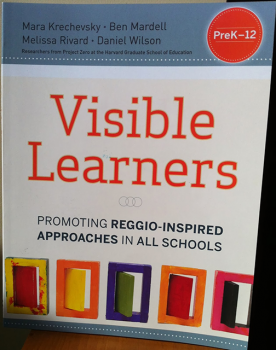
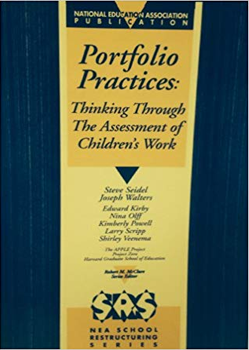
-
-
-
-
-
-
Support PZ's Reach